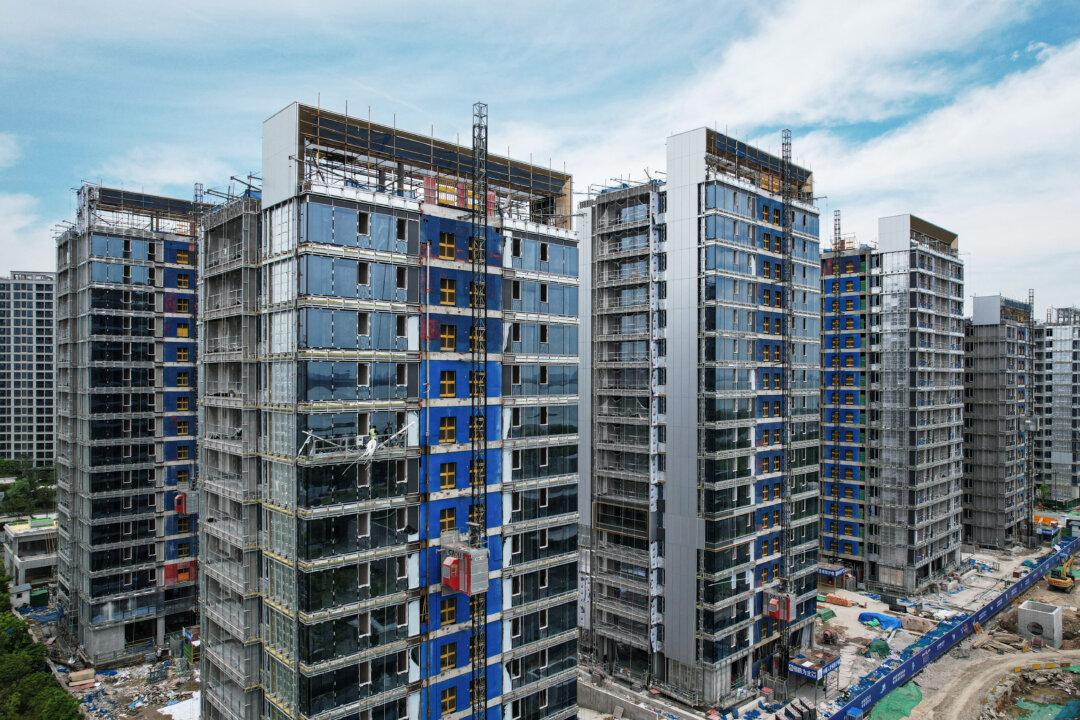News Analysis
The Chinese Communist Party’s (CCP’s) top officials are set to meet for the Third Plenum from July 15 to July 18, paving the way for potentially significant economic deliberations.

The Chinese Communist Party’s (CCP’s) top officials are set to meet for the Third Plenum from July 15 to July 18, paving the way for potentially significant economic deliberations.